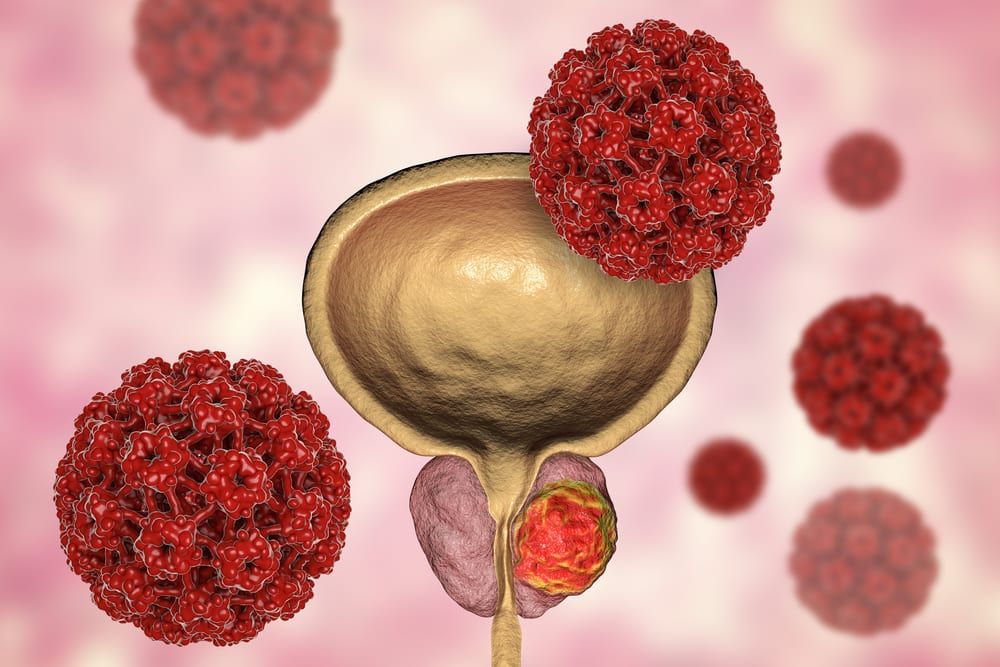A high-risk pregnancy is a pregnancy that obstetricians believe could have an elevated possibility of developing complications during pregnancy, labor, birth, or the postpartum period. High-risk pregnancies can still be healthy pregnancies, but they do require more medical supervision that normal pregnancies. Women who know they will be at high risk during pregnancy should meet with their obstetricians prior to becoming pregnant and also exercise caution in using assisted reproductive technology, such as in-vitro fertilization.
Did you know…
that approximately 1 in every 10 pregnancies is classified as high risk? However, classification of ‘high risk’ or ‘low risk’ is merely a tool for obstetricians to determine the likelihood of complications. Plenty of high-risk pregnancies have normal outcomes, and some low-risk pregnancies present unexpected complications. Not all problems are predictable, but even with pregnancy challenges, both low-risk and high-risk mothers can experience healthy deliveries and healthy babies.
Frequently Asked Questions
Will I be at high risk during my pregnancy?
There are several factors that can contribute to a pregnancy being classified as ‘high risk.’ Examples include:
- Being over age 35 or under age 15 during pregnancy
- Pregnancies carrying multiples
- Prior pregnancy complications, such as pre-term birth or postpartum hemorrhaging
- Lifestyle habits, such as using tobacco or drinking alcohol
- Pre-existing health conditions, such as diabetes
- Complications of pregnancy, such as severe morning sickness
What should I expect during a high-risk pregnancy?
If your pregnancy is deemed ‘high risk,’ you can expect more frequent prenatal appointments than women experiencing low-risk pregnancies. You may also be subject to additional screenings, such as amniocentesis, chorionic villus sampling (placental cell screening), and cervical length measurement. These additional screenings can help identify your risks for things like pre-term labor or delivering a child with certain genetic conditions.
Will I need to follow any special care instructions throughout my pregnancy?
Your prenatal care will vary from that of low-risk pregnancies, and it is possible that your obstetrician will make special recommendations for care, such as avoiding exercise or remaining on bed-rest throughout your pregnancy. Be sure to discuss your concerns about your high-risk pregnancy care prior to becoming pregnant or at your initial prenatal appointment.











































































































































































































































































































